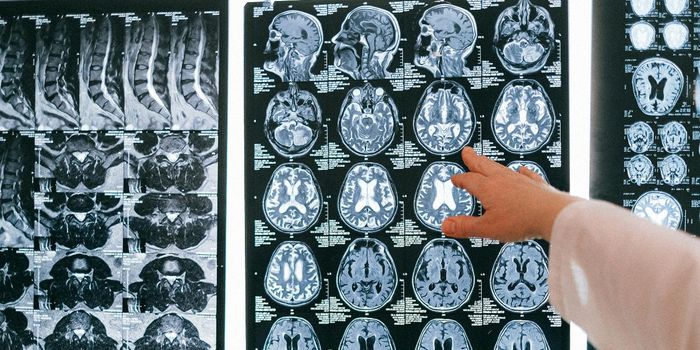Screen Time is Linked to Heart Disease and Cancer
A recent study published in BMC Medicine has linked discretionary screen time to a higher risk of heart disease and cancer. Additionally, the study showed that risk may be reduced for people with high levels of strength, fitness, and physical activity.
In the study, data from over 390,000 participants in the UK biobank were analyzed to determine whether the associations between discretionary screen time, cardiovascular disease, and all-cause mortality could be modified by levels of fitness, grip strength, or general physical activity. Discretionary screen time, defined as watching TV or viewing a computer screen during leisure time, is a contributor to sedentary behavior, which can lead to increased risk of heart disease and mortality. Using behavior data and a five-year follow-up from the study participants, the researchers measured correlations between fitness, screen time, and adverse health outcomes.
Overall, the researchers found that larger amounts of leisure screen time were associated with a higher risk of heart disease, cancer, and death from any cause. Additionally, the strongest correlations between these outcomes and screen time were found in individuals with the lowest levels of grip strength, fitness, and physical activity. While the results only show correlation and not causation, the study’s lead author pointed out that, if the results are causal, then people with the lowest levels of fitness could gain the most from trying to change sedentary behavior habits and reduce leisure time spent watching screens. Getting regular exercise through leisure activities is one of the best ways to improve heart health and longevity, and even as little as 10 minutes per day can make a difference in both lifespan and overall health outcomes.
Sources: BMC Medicine, BBC News, Labroots








